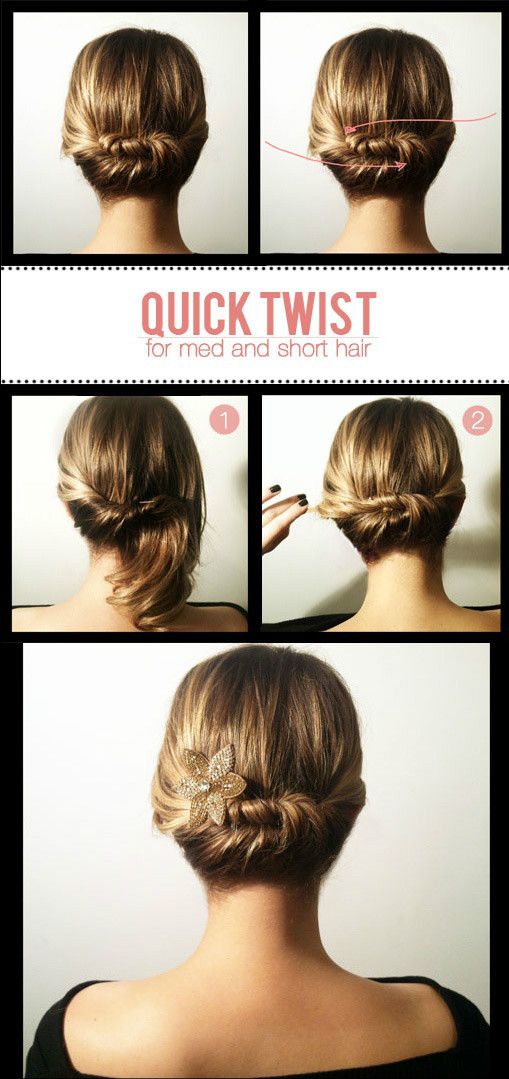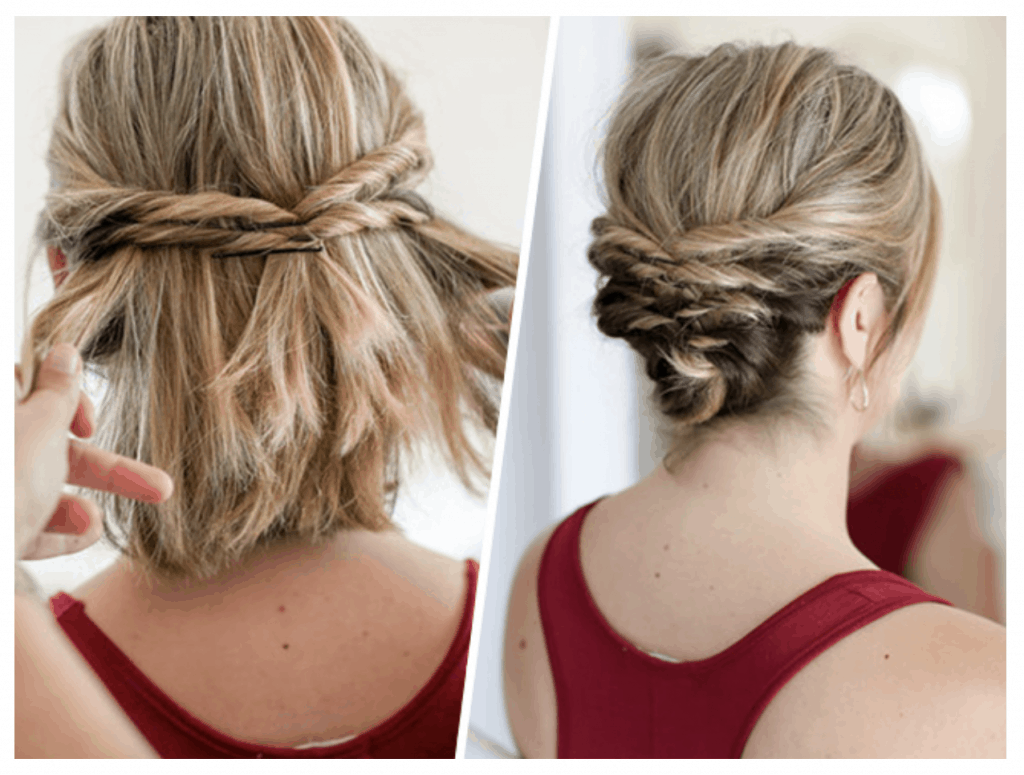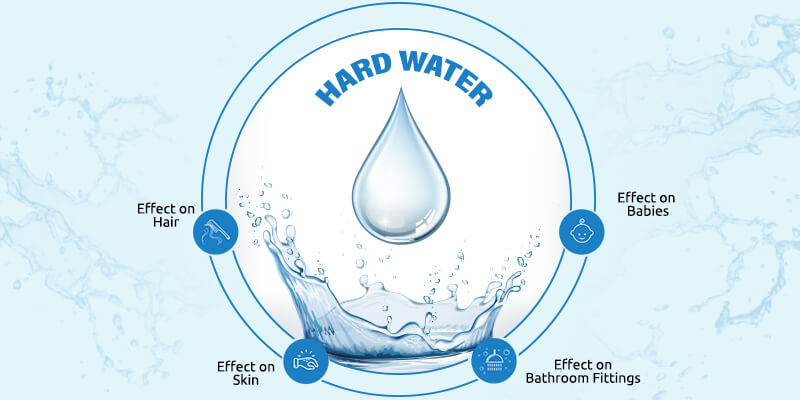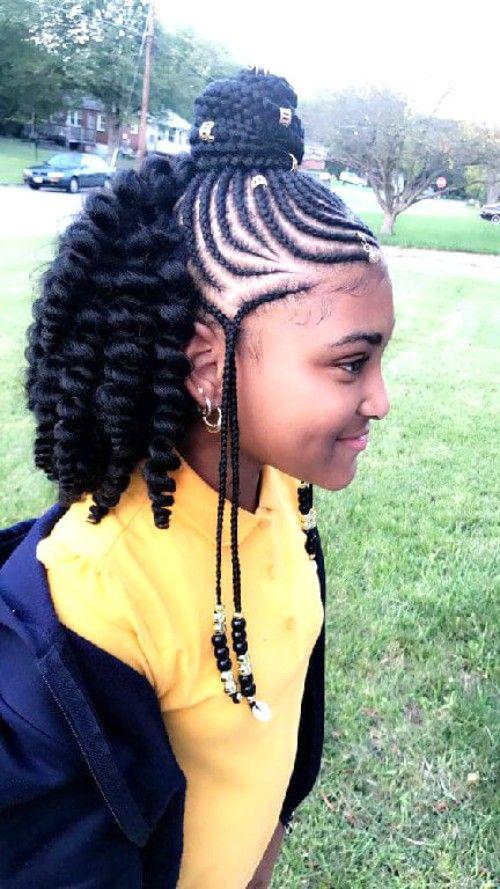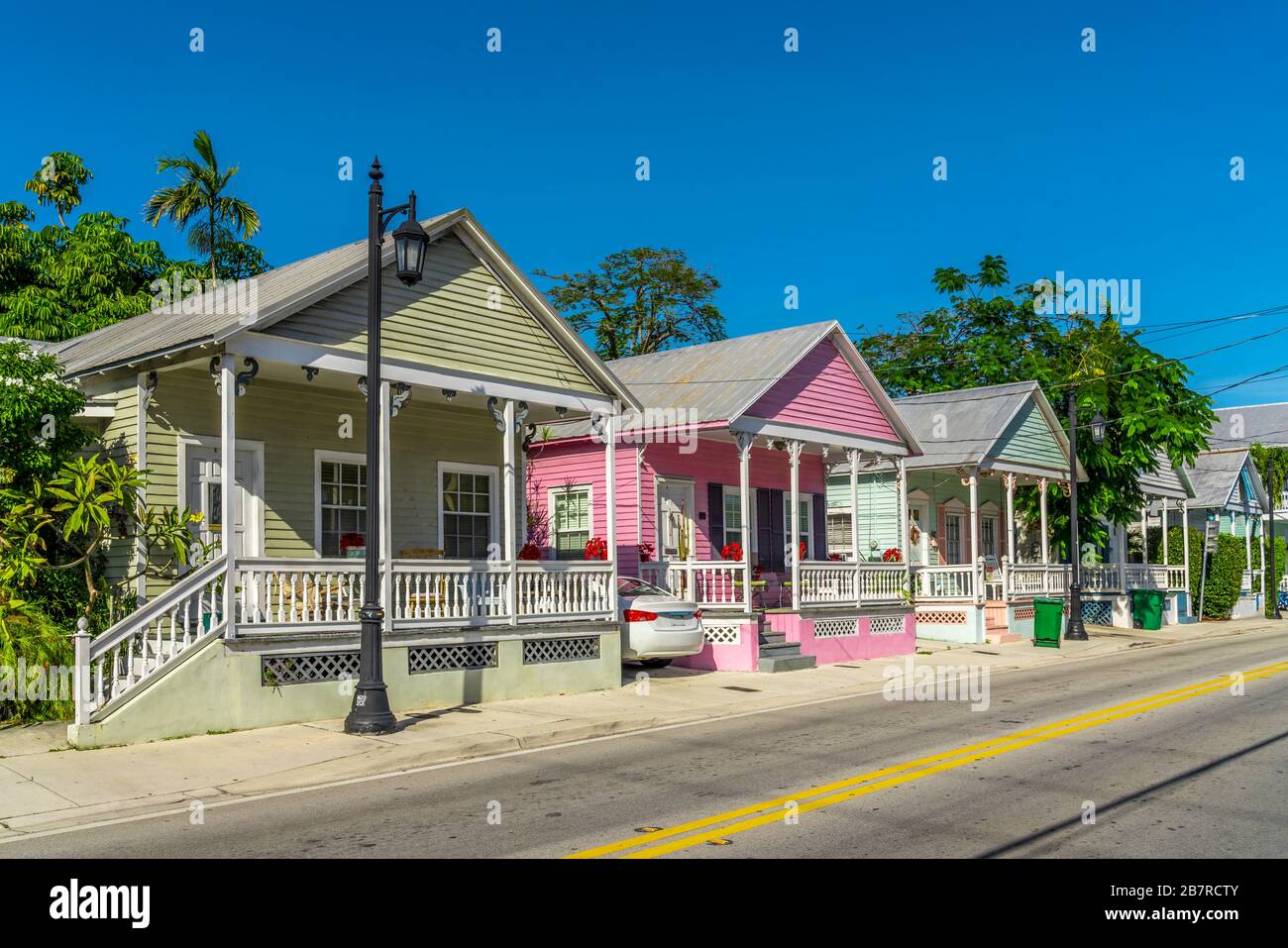Table Of Content
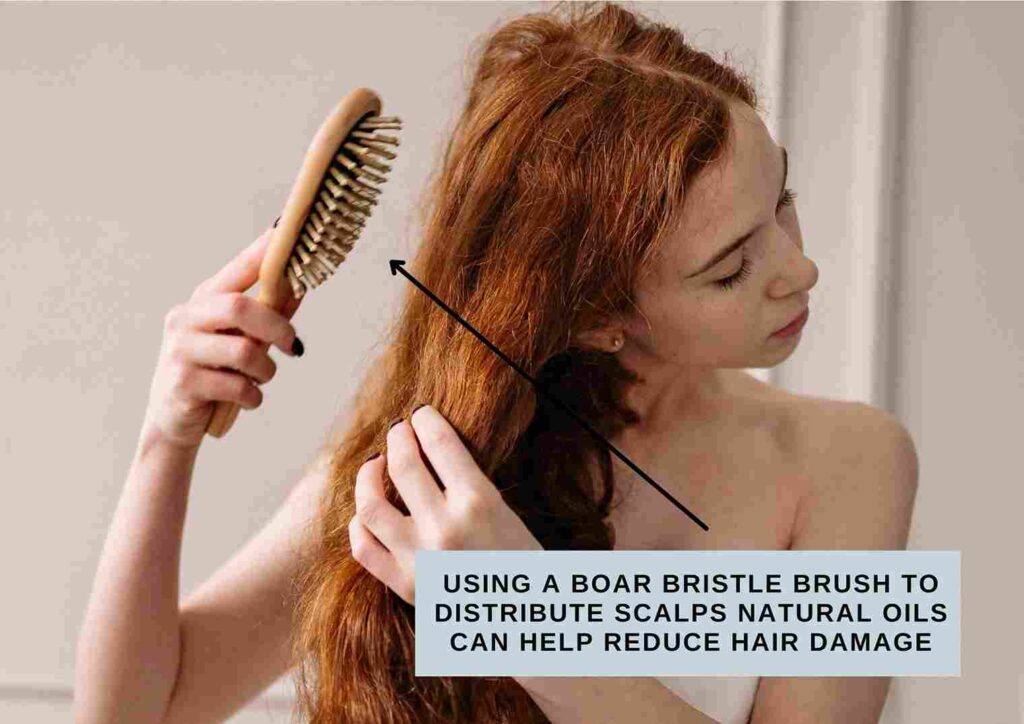
Do an apple cider vinegar rinse at most 2 times a week because of the caustic nature of its acetic acids, which may cause skin irritations and burns if overused in a short space of time. Most regular shampoos are not cut out to fight hard water minerals. That’s why they don’t lather effectively in hard water, as the minerals bind to the shampoo’s surfactants, the compounds that help spread the product and create foam. Although there is no conclusive research to confirm that hard water can cause direct hair loss, the decline in hair quality, strength, and scalp health can all indirectly lead to hair loss. I live in London, where the water is considered “very hard.” Over the years, I have tried multiple solutions.
Crinkly Hair: Why Are Some of My Hair Strands Crinkly?
It also combats increased fungal growth, a common cause of itching and flaking, by inhibiting pathogenic activity and restoring scalp pH balance. Distilled white vinegar can also work, but ACV is generally preferred. New naturals and experienced naturals alike can easily get confused about choosing a shampoo.
Use Pre-Shampoo Treatments to Prevent Hard Water Damage
These filters are installed on your showerhead, so they’re smaller and more affordable (both to buy upfront and to maintain). Hard water deposits minerals in your hair every time you wash it. Thankfully, there are ways to fight the scourge that is hard water.
Does hard water damage hair?
Again, think of that crispy, ocean-swept feeling—it may be difficult to comb or brush your hair, and it might not feel as soft as it usually does. Meanwhile, your scalp might feel dry and itchy, Dr. Marcus says. “Hard water will leave a film or residue on the hair which will make it feel dry and brittle and produce a lot of buildup,” says Bianca Garcia, Bumble and Bumble hairstylist. Besides affecting the scalp, hard water can also wreak havoc on the hair, provoking dryness, brittleness, brassy hair color, and color fading.
Otherwise, you’ll just be ripping through them, causing breakage and more damage. Chlorine is a chemical added to the pool to kill bacteria and prevent algae growth. To prevent damage to your hair, swim-proof with a swim cap or leave-in conditioner before you jump in. Although these methods won’t guarantee 100% protection, they at least keep most of your hair away from exposure.
Those natural remedies are practical and easy ways to avoid damage to your hair from hard water. However, even after you settle on a shampoo that you really like, it’s important to make sure that you’re not washing your hair too often. In our natural hair article, we note that you must figure out how often you need to wash your hair.

Can hard water damage your hair? What experts say may surprise you
Though hard water’s effects can be a nuisance, there are plenty of products on the market that can help keep your hair healthy. Check out the best hard water hair treatments below, from clarifying shampoos to deep conditioners, according to experts. When you wash your hair with hard water, those dissolved minerals can end up accumulating on your hair and scalp, which can prevent your hair from absorbing moisture. This can make it feel “dry, dull, frizzy and unmanageable,” Rebecca Marcus, MD, board-certified dermatologist and founder of Maei MD, tells SELF.
Whether or not your water is considered hard will depend on the concentration of these minerals. If all of your hair care products are tailored to your hair’s texture and density and still don’t leave you with luscious locks, it can be frustrating. One possible factor that can render amazing products less effective is often overlooked, the state of your water. As it turns out, mineral-rich water or hard water can have side effects (more on those later) on your hair, no matter how beneficial your product assortment is, meaning you could still experience dry and frizzy hair.
How long does it take to reverse the effects of hard water on hair?
In short, it means that your water has a concentration of minerals like magnesium and calcium, per the United States Geological Survey (USGS). And while it's harmless to consume, it can be rough on your skin and hair. Since 85 percent of U.S. households have hard water (!!) so chances are it's running through your taps right now, Homewater 101 claims. Want to see what the mineral concentration looks like in your own shower? Leave it to Aquasure to tell you if your shower is effected by hard water. You can eliminate the effects of hard water with a water softener or with some new hair-washing techniques.
There are lots of metal-removing pre-shampoo treatments that can help fight buildup. "I always recommend Color Wow Dream Filter ($24) to my clients as a way to keep their hair looking perfect," he says. "It’s a pre-shampoo detox that removes all minerals and metals from your hair in one to three minutes. You’ll see instantly brighter, lighter hair." Water issues like these can be very frustrating—it’s your home and your bathroom, after all; you’ve got to shower there!
If you notice these signs, the best thing to do is buy a hard water test kit and check the water hardness level in your home. This will help you understand what measures to consider to fix the problem. There are a few steps you can take to help protect your hair from hard water damage. It can make your skin dry and disrupt your skin barrier, the outermost layer of skin that protects you from allergens, infections, and other irritants. Hard water can be especially hard on people with skin conditions like atopic dermatitis and other types of eczema.
"It removes brassy and yellow hard water discoloration, and it's 100 percent vegan," says Lee. Consider this detox shampoo from L'Oreal a lifeline for your color-treated hair. The pro formula with glicoamine works wonders to strip the metal ions from your water since they can especially damage dyes, balayage, or lightened hair. The shampoo is also made to prevent breakage while promoting color longevity.
7 Best Filtered Shower Heads 2024, According to Dermatologists - Men's Health
7 Best Filtered Shower Heads 2024, According to Dermatologists.
Posted: Thu, 08 Feb 2024 08:00:00 GMT [source]
While this effect might be desirable during a temporary vacation, the minerals in hard water can start to cause serious damage over time. Use a chelating shampoo every 7 – 10 days or whenever your hair feels heavy from mineral buildup. Therefore, every time you’re washing your hair, the shampoo and minerals stick together and stay on your scalp and hair instead of rinsing out.
If you're managing something more severe than temporary shedding, it's imperative to visit a board-certified dermatologist, as hard water likely isn't the cause. Before shampooing, spritz your way to healthier, more vivid strands with Color Wow’s Mineral Remover. If you prefer to use nature to heal your hair, then you also have an effective option. Apple cider vinegar is acidic, which helps to restore the delicate pH balance in your hair. If you love your current showerhead, for example, you may choose an inline filter. It attaches to your shower arm (the pipe that comes out of the wall in your shower).
Pre-shampoos remove buildup and promote a balanced scalp before your shampoo goes in and help you to achieve a thorough cleanse. The mineral buildup from hard water can leave your hair feeling dry, dull, and weighed down. "The buildup of mineral concentrations in hard water can lead to hair dryness, brittleness, and less color vibrancy," says Dr. Engleman. "Using hard water can negatively impact your hair health, but it is not directly linked to hair loss," says board-certified dermatologist Dr. Dendy Engleman. Understanding the potential risks of washing your hair with hard water, some may want to seek a solution for their hair or even their overall shower, as hard water can also affect the skin. You can take several approaches to combat hard water, including upgrading your cleansing products and investing in a specialized shower head.
